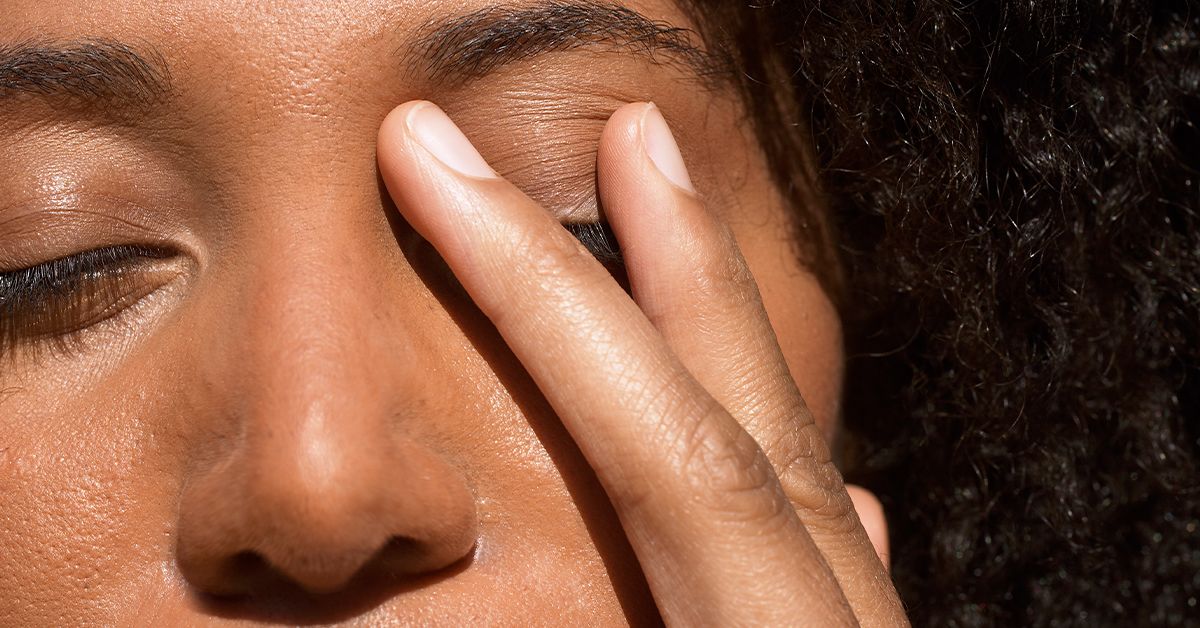All Categories
Featured
Table of Contents

Routine eye exams are essential for keeping excellent vision and finding prospective eye health problems early. However, the regularity of these tests can vary significantly based upon an individual's age, lifestyle, and total health. Comprehending the advised routine for eye tests can help make certain that people of all ages receive proper care and surveillance for their eye health.
Infants and Toddlers (0-2 Years)
For babies and young children, eye exams are important for finding any type of prospective vision troubles early. The American Academy of Ophthalmology suggests that a kid's first eye examination must happen at around 6 months old. Throughout this first go to, the eye treatment expert will certainly evaluate the youngster's aesthetic development and look for any kind of noticeable eye issues.Following this initial examination, it is suggested that children have another eye examination at age 3. This visit will focus on assessing the child's total aesthetic function, including eye alignment and the capability to track objects. If no concerns are identified, the following examination ought to be arranged prior to the youngster begins school, normally around age 5 or six.
School-Aged Kids (6-18 Years)
When youngsters get to school-age child, normal eye examinations ought to be set up each to 2 years. Vision is crucial for learning and advancement, and lots of schools conduct vision screenings. However, these testings do not change a detailed eye exam by an eye treatment specialist.For youngsters involved in tasks or sports needing significant aesthetic emphasis, annual eye examinations might be suggested. Additionally, if a youngster shows signs of vision troubles-- such as problem checking out, squinting, or frequent headaches-- a visit to the eye medical professional should be arranged immediately.
Youthful Adults (19-39 Years)
Young adults commonly have less vision changes than older age, yet regular eye tests continue to be essential. The general recommendation is to arrange an eye test every two years throughout this duration. Nonetheless, individuals with details risk variables-- such as a household history of eye illness, diabetes, or those who use call lenses-- must consider annual eye exams.Additionally, those that spend substantial time on digital tools may experience electronic eye stress. If signs such as dryness, fatigue, or obscured vision occur, it might be important to see an eye care expert faster.
Grownups (40-64 Years)
Adults aged 40 to 64 ought to arrange eye tests every one to 2 years. Eye exams can likewise aid find other common age-related problems such as glaucoma, cataracts, and macular degeneration.If people in this age have risk factors such as high blood pressure or diabetic issues, they might need even more frequent evaluations to monitor their eye wellness very closely.
Seniors (65 Years and Older)
For seniors, routine eye exams become even more critical. The American Optometric Organization recommends that people aged 65 and older have an eye test at the very least once a year.Conclusion.
Recognizing the proper schedule for eye exams based on age is important for maintaining optimum eye wellness throughout life. From babies to seniors, regular eye examinations play an essential role in finding issues early and making certain that vision remains sharp. By sticking to these standards and seeking advice from an eye care expert, individuals can take proactive actions toward protecting their vision and general health and wellness. Whether it's a child's initial go to or a senior's yearly exam, focusing on eye care is an investment in long-lasting wellness.Table of Contents
Latest Posts
Host Your Perfect Occasion: Place Rental Choices for Every Event
Published Mar 21, 25
1 min read
Experience the Boogaloo: Eating, Drinks, & Sports at FunCity Hotel
Published Feb 16, 25
2 min read
A Lavish Getaway: The Claridge Indoor Swimming Pool
Published Feb 15, 25
1 min read
More
Latest Posts
Host Your Perfect Occasion: Place Rental Choices for Every Event
Published Mar 21, 25
1 min read
Experience the Boogaloo: Eating, Drinks, & Sports at FunCity Hotel
Published Feb 16, 25
2 min read
A Lavish Getaway: The Claridge Indoor Swimming Pool
Published Feb 15, 25
1 min read